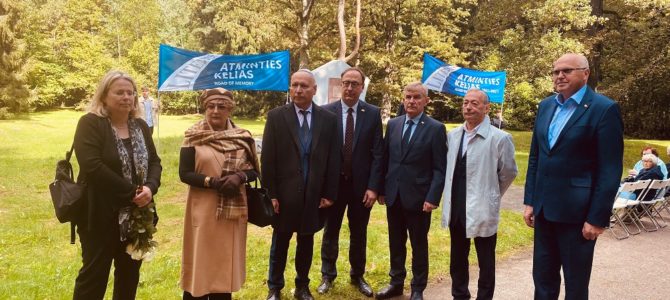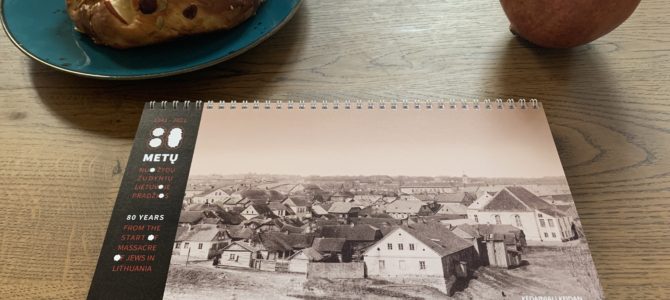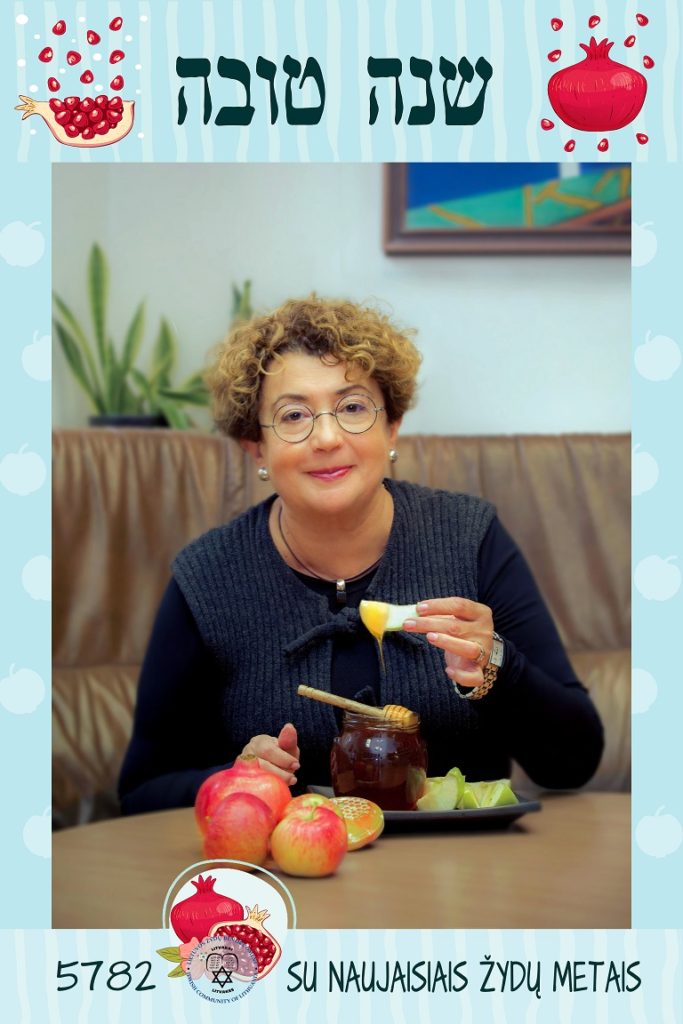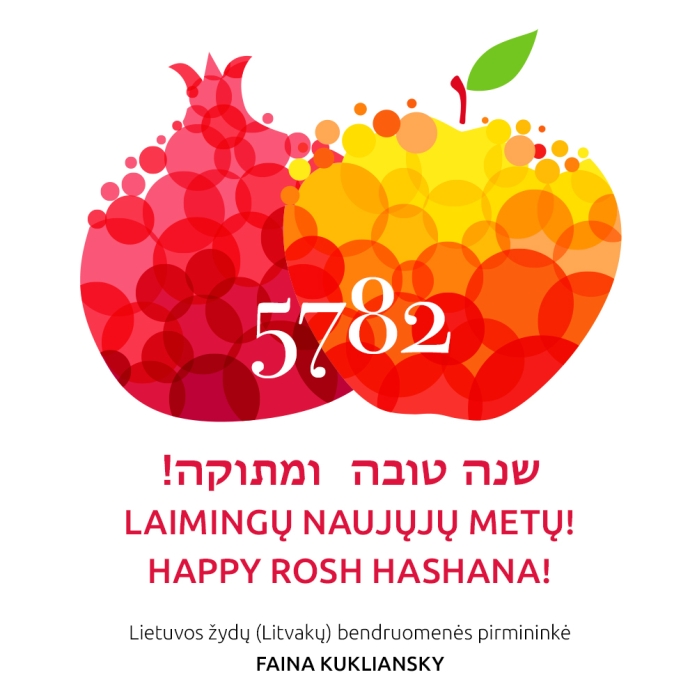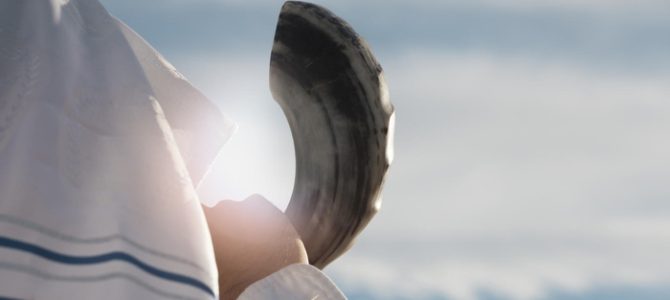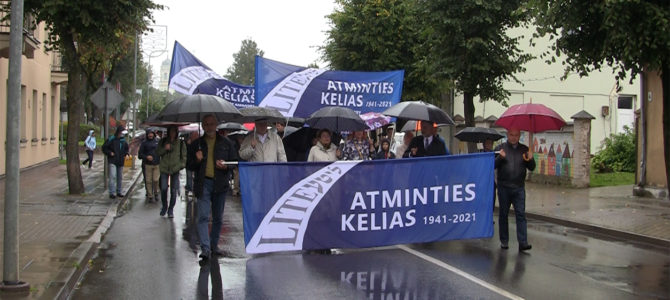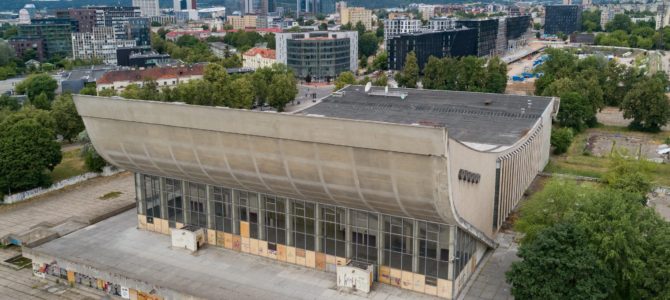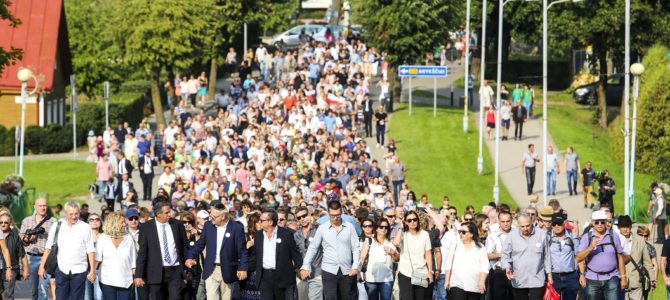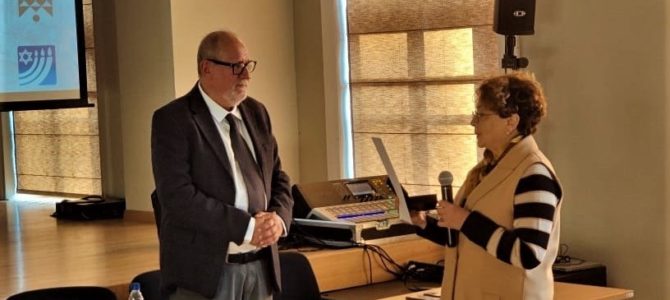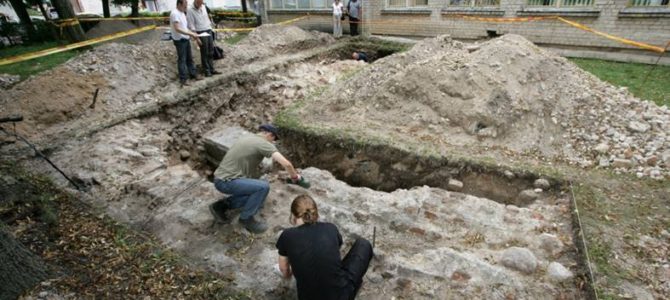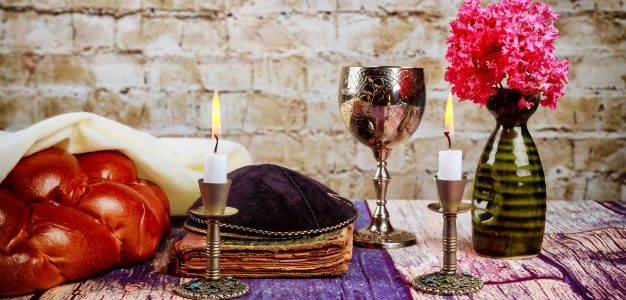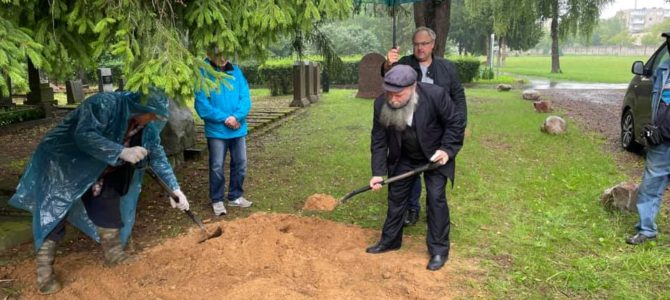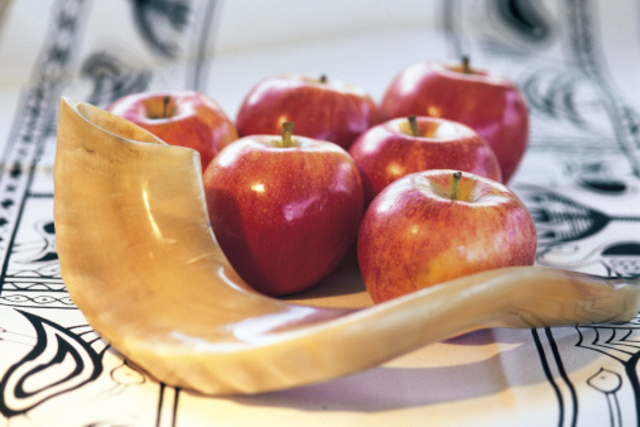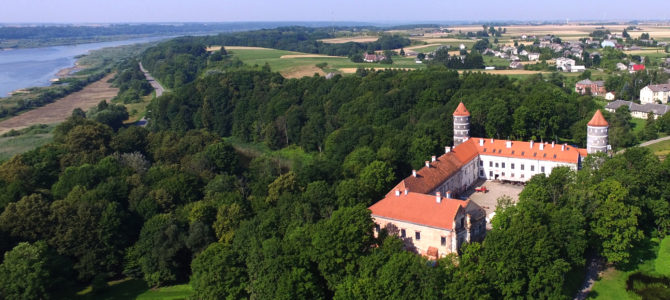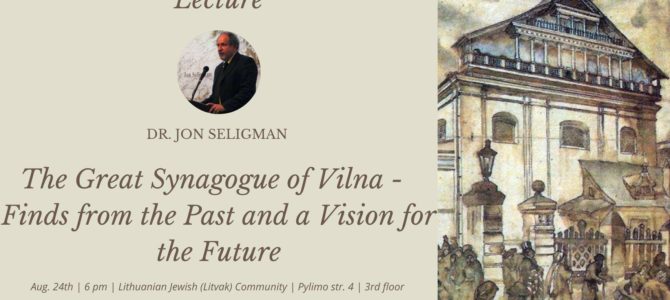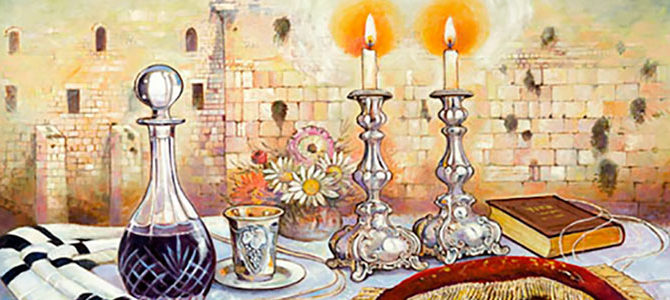The traditional commemoration of Holocaust victims took place on the first Sunday in September in the Pivonija Forest outside Ukmergė (Vilkomir). This is the third-largest mass murder site in Lithuania. Members of the Lithuanian, Kaunas and Ukmergė Jewish Communities took part as did representatives of the International Commission to Assess the Crimes of the Nazi and Soviet Occupational Regimes in Lithuania, various Tolerance Centers around the country and representatives of the Road of Memory 1941-2021 commemoration project. A large group travelled from Vilnius for the event, including Israeli ambassador to Lithuania Yossef Avni-Levy, US ambassador to Lithuania Robert Gilchrist, German embassy cultural attaché Anja Luther, Lithuanian Jewish Community chairwoman Faina Kukliansky, members of Lithuanian parliament Viktoras Pranckietis, Juozas Varžgalys and Emanuelis Zingeris and Ukmergė regional administration mayor Rolandas Janickas
